When vigilante land baron David Braxton hangs one of the best friends of cattle rustler Tom Logan, Logan’s gang decides to get even by purchasing a small farm next to […]
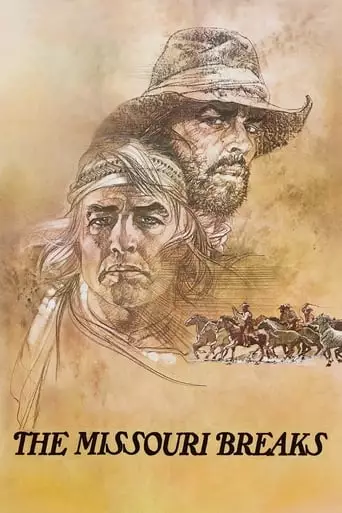
When vigilante land baron David Braxton hangs one of the best friends of cattle rustler Tom Logan, Logan’s gang decides to get even by purchasing a small farm next to […]
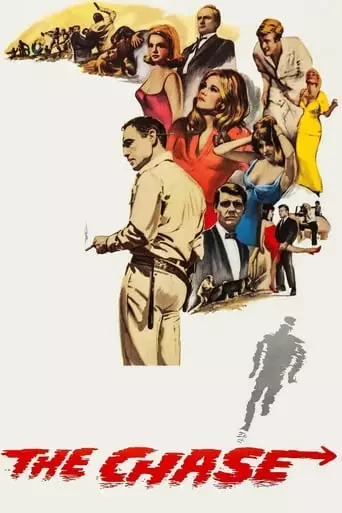
The escape of Bubber Reeves from prison affects the inhabitants of a small Southern town. The Chase (1966), directed by Arthur Penn, is a Southern Gothic drama set in a […]
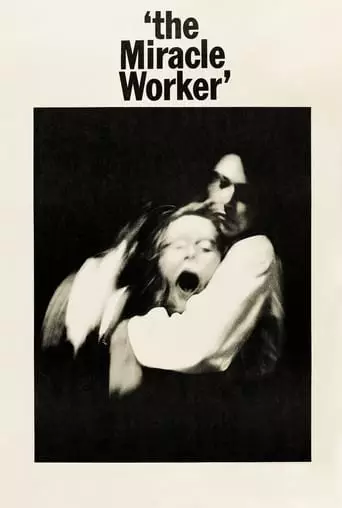
The true story of the frightening, lonely world of silence and darkness of 7-year-old Helen Keller who, since infancy, has never seen the sky, heard her mother’s voice or expressed […]
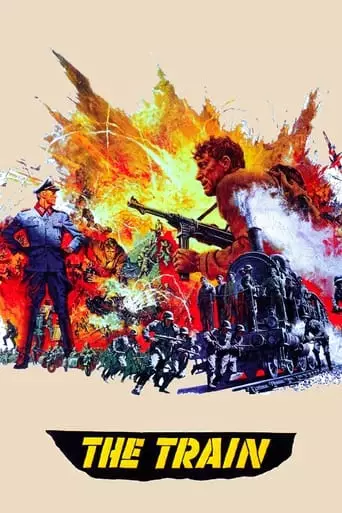
As the Allied forces approach Paris in August 1944, German Colonel Von Waldheim is desperate to take all of France’s greatest paintings to Germany. He manages to secure a train […]
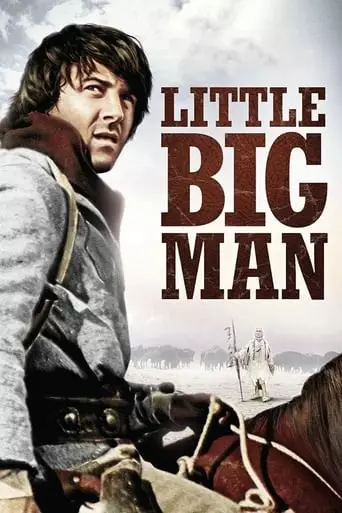
Jack Crabb, looking back from extreme old age, tells of his life being raised by Indians and fighting with General Custer. Little Big Man (1970), directed by Arthur Penn, is […]
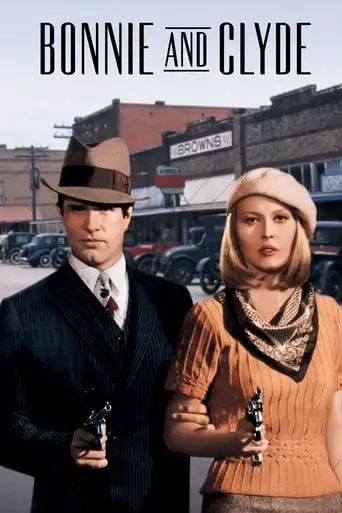
In the 1930s, bored waitress Bonnie Parker falls in love with an ex-con named Clyde Barrow and together they start a violent crime spree through the country, stealing cars and […]
Arthur Penn: The Maverick Who Redefined American Cinema
Arthur Penn (1922–2010) was a visionary filmmaker whose work bridged the gap between classic Hollywood and the New Hollywood movement of the 1960s and 1970s. Known for his bold storytelling, innovative direction, and exploration of complex characters, Penn challenged cinematic conventions and left an indelible mark on American cinema.
From his groundbreaking crime drama Bonnie and Clyde (1967) to introspective character studies like The Miracle Worker (1962) and Little Big Man (1970), Penn’s films pushed boundaries, addressing themes of violence, rebellion, and the American experience.
Early Life and Career Beginnings
Arthur Hiller Penn was born on September 27, 1922, in Philadelphia, Pennsylvania. He grew up in a creative household; his older brother, Irving Penn, would later become a renowned photographer.
After serving in the U.S. Army during World War II, Penn studied at Black Mountain College and the Actors Studio, where he honed his understanding of performance and storytelling. He began his career in television, directing live dramas during the Golden Age of Television, including episodes of Playhouse 90 and The Philco Television Playhouse.
Transition to Film: Early Successes
The Left Handed Gun (1958)
Penn’s feature film debut, The Left Handed Gun, starred Paul Newman as Billy the Kid. A revisionist take on the Western genre, the film emphasized psychological depth over traditional action, signaling Penn’s interest in deconstructing American myths.
While not a commercial success, the film earned critical praise in Europe, particularly among French New Wave directors who admired its subversive approach.
The Miracle Worker (1962)
Adapted from the stage play he directed, The Miracle Worker brought Penn widespread acclaim. The film, which tells the story of Helen Keller and her teacher Anne Sullivan, starred Anne Bancroft and Patty Duke in Oscar-winning performances.
Penn’s intimate direction captured the intense emotional and physical struggles of the characters, making the film a powerful exploration of perseverance and communication.
Bonnie and Clyde (1967): A Cultural Revolution
Penn’s Bonnie and Clyde is often regarded as a watershed moment in American cinema. Starring Warren Beatty and Faye Dunaway as the infamous Depression-era outlaws, the film blended elements of classic gangster movies with the stylistic and thematic experimentation of the French New Wave.
The film’s graphic violence, anti-establishment themes, and morally ambiguous characters shocked audiences and critics alike. However, its success signaled a shift in Hollywood, paving the way for the New Hollywood movement, where young filmmakers explored darker, more complex narratives.
Bonnie and Clyde earned 10 Academy Award nominations, winning two, and remains a touchstone in cinematic history for its influence on storytelling, editing, and tone.
The 1970s: Exploring the American Psyche
Alice’s Restaurant (1969)
Based on Arlo Guthrie’s satirical folk song, Alice’s Restaurant captured the countercultural spirit of the 1960s. The film’s episodic structure and loose narrative reflected the disillusionment and rebellion of the era.
Little Big Man (1970)
Starring Dustin Hoffman, Little Big Man is a revisionist Western that satirizes America’s history of conquest and violence. The film follows a 121-year-old man recounting his life story, which intertwines with major historical events, including the Battle of Little Bighorn.
Penn’s blend of humor, tragedy, and social critique made Little Big Man a critical and commercial success, showcasing his ability to tackle complex themes with a unique perspective.
Later Career and Challenges
The 1970s marked the peak of Penn’s career, but his subsequent films struggled to achieve the same level of impact. Works like Night Moves (1975), a neo-noir starring Gene Hackman, were critically acclaimed but underappreciated at the box office.
Penn’s later films, including Four Friends (1981) and Dead of Winter (1987), showed flashes of his talent but failed to resonate with audiences in the same way as his earlier masterpieces.
Themes and Style
Arthur Penn’s films are characterized by their:
Complex Characters: Penn delved into the psychological and emotional depths of his protagonists, often portraying them as flawed and conflicted.
Subversion of Genre: Whether reimagining Westerns or gangster films, Penn challenged traditional narratives, adding layers of ambiguity and social critique.
Exploration of Violence: Penn’s work often examined the causes and consequences of violence, presenting it as both shocking and integral to the American identity.
Collaboration with Actors: Penn’s background in theater and television made him a master of working with actors, drawing out nuanced performances.
Legacy and Influence
Arthur Penn’s contributions to cinema extend beyond his individual films. As a director, he played a pivotal role in the transition from the studio system to the auteur-driven New Hollywood era. His willingness to push boundaries and address controversial topics inspired filmmakers like Martin Scorsese, Francis Ford Coppola, and Quentin Tarantino.
Penn’s work remains a study in the power of cinema to reflect and challenge society. Films like Bonnie and Clyde and Little Big Man continue to be analyzed for their bold storytelling and cultural significance.
Conclusion
Arthur Penn was a maverick filmmaker who redefined the possibilities of American cinema. With a career that spanned decades and genres, he left behind a body of work that is both groundbreaking and deeply human.
Through his films, Penn captured the contradictions and complexities of the American experience, leaving an enduring legacy as one of the most important directors of his time.